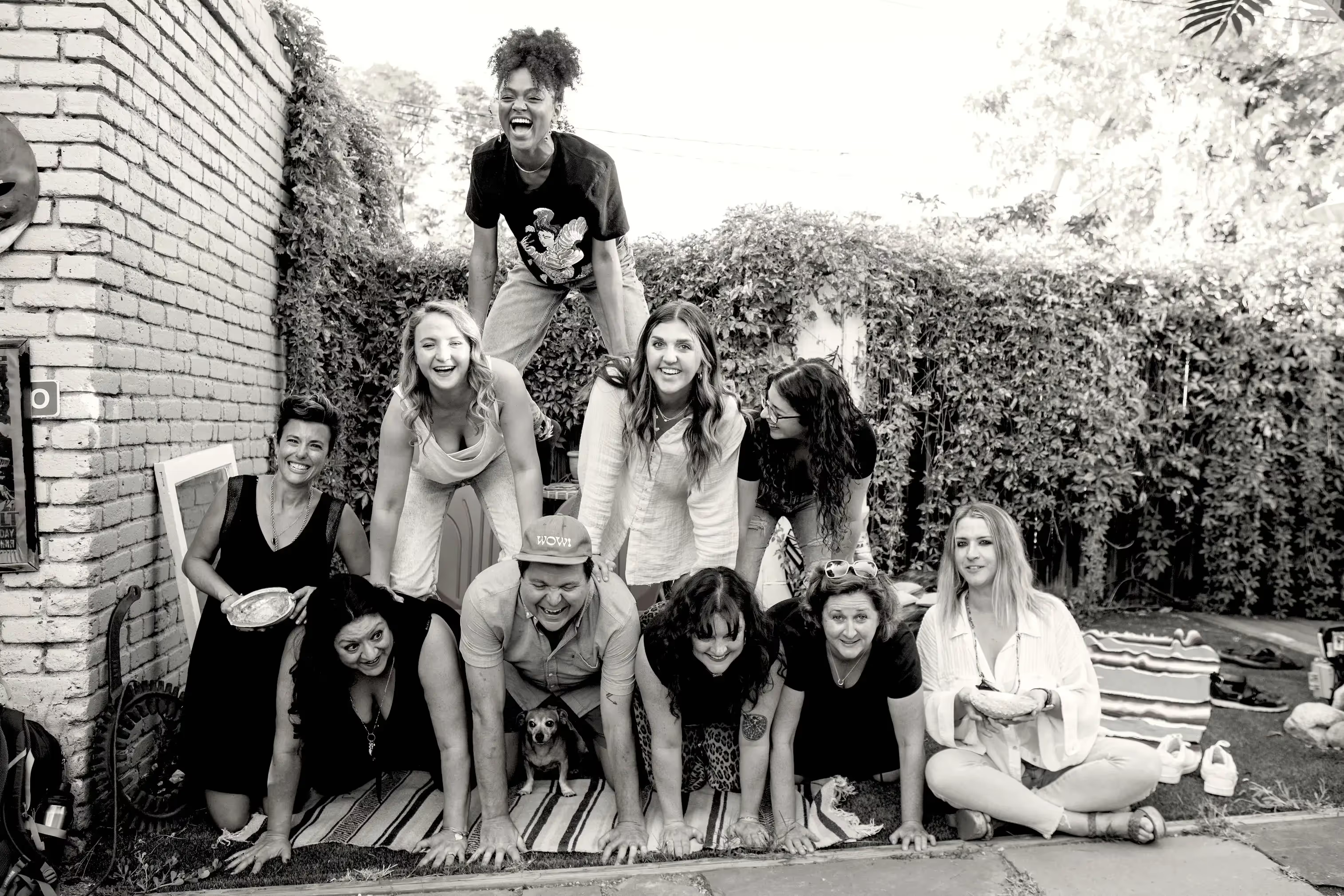What Are Purpose-Driven Cannabis Brands? The Future.


Most companies have a purpose in that they have a mission, values and goals—but that doesn’t make them purpose-driven brands. Purpose-driven brands have a vision that goes beyond mere profit, customer satisfaction or cultural relevance. Purpose-driven brands position their ‘why’ as the touchstone for all business decisions, placing their purpose front and center in all branding and marketing initiatives. These brands focus on driving meaningful change in the world by using the business to illuminate issues and deliver solutions.
Purpose-driven brands can rally their audiences around their values and the causes they believe in. And the audiences seeking brands with a purpose are getting bigger every year. A 2018 study by Accenture found that 62% of surveyed consumers “want companies to take a stand on current and broadly relevant issues such as sustainability, transparency and fair employment practices.”
According to 5WPR’s 2020 Consumer Culture Report, 83% of respondents ages 18-34 said it was important that the companies they buy from are aligned with their values. Another 65% said they had boycotted a company they once shopped with because of that brand’s stance on an issue. And while respondents over 55 agreed at lower rates, 60% and 51% answered the same, respectively. That’s a lot of consumers asking brands to stand for more than their bottom line.
Purpose-Driven Brand Examples
So which brands are doing a good job of meeting consumers’ demands for commerce with a purpose? There’s a few that are especially famous for their commitment to causes ranging from global health initiatives to social justice to body positivity and beyond. Here’s some of the best purpose-driven brands:

What Do Purpose-Driven Brands Do to Drive Success?
Authors of the Accenture study note, “Consumers are highly valuable stakeholders who insist on transparency at the corporate level and expect meaningful products, services and promises. Price, product quality and customer experience are important attributes, but companies looking to build their competitive agility need to find new ways to stand out.”
Indeed, purpose-driven branding can be a way to occupy white space in a crowded or competitive marketplace. But for purpose-driven branding to drive success, it has to find its foundation in a genuine and authentic commitment that goes beyond industry table stakes. Today’s media-savvy consumers can quickly see through bogus or lackluster attempts at purpose positioning.
Take the criticism brands like The North Face and Crocs have garnered for high-fashion partnerships that seem to fly in the face of their decidedly egalitarian and sustainable principles. Or consider brands like Pepsi, whose attempt to capitalize on the momentum of the Black Lives Matter movement backfired terribly—in part because Pepsi has rarely attempted to align itself with causes of any sort.
Purpose-Driven Brand Strategy for Cannabis Brands
When done correctly, purpose-driven branding helps consumers see which brands fit into their lifestyles and how. If you have to choose between three products of seemingly equal quality (logos) and appeal (pathos), the tiebreaker often comes in the form of shared ethos.
Just look at CBD brand Charlotte’s Web, which earned the trust of skeptical, cannabis-leery consumers. Even protective parents were won over because of the purity and honesty of the brand’s mission to reduce seizures in children with epilepsy and improve the accessibility of cannabinoid medicine. In this case, purpose-driven branding didn’t just add value to an already good product; it also won over customers who might otherwise have never tried a cannabis product.
That’s an excellent example of why purpose-driven branding holds so much potential value for cannabis operators. In an industry that’s still struggling under federal prohibition, and to counteract decades of stigma and War on Drugs messaging, articulating a brand purpose is a way to change the conversation. It’s also a chance to broadcast positive messaging about cannabis that tangibly opposes the harm associated with decades of anti-cannabis propaganda and today’s anti-potency movement.
Curious how you can build a purpose-driven brand that walks the walk and talks the talk? Our journalism-minded team will help you craft a brand identity that communicates a clear and committed set of values. Interested? Drop us a line any time.

As Grasslands’ Brand Manager, Meghan O’Dea brings a unique perspective to both brandside and client content marketing. She brings creative storytelling, a sharp editorial eye and associative thinking to every project, from executive thought leadership to blogs, web copy, sales enable materials as well as big-picture brand ideation and messaging. Meghan's expertise at the intersection of narrative craft and brand strategy helped contribute to Grasslands' MarCom Gold Award for Marketing Creativity / Outstanding Blog Writing.
Prior to joining Grasslands, Meghan served as an editor at Lonely Planet and Fortune Magazine and spent more than a decade as a freelance writer, columnist and essayist, covering topics from travel and the outdoors to coming of age and cannabis. A passionate pedestrian and public transit advocate, she has an affinity for place-based narratives that highlight the power of third spaces and community connections. Meghan holds a master’s degree in creative nonfiction and has taught travel writing and composition at the university level. She has guest lectured on cannabis marketing, literary citizenship and career development for the next generation of innovative storytellers.
Three media outlets I check every single day: The Cut, New York Magazine, The Atlantic
Super inspired by: Esther Hobart Morris, the first woman justice of the peace in the United States.
My monthly #GrasslandsGives donation: PEN America’s Prison Writing Program
When I’m off the clock (in five words): Coffee, cannabis, picnics, books.
